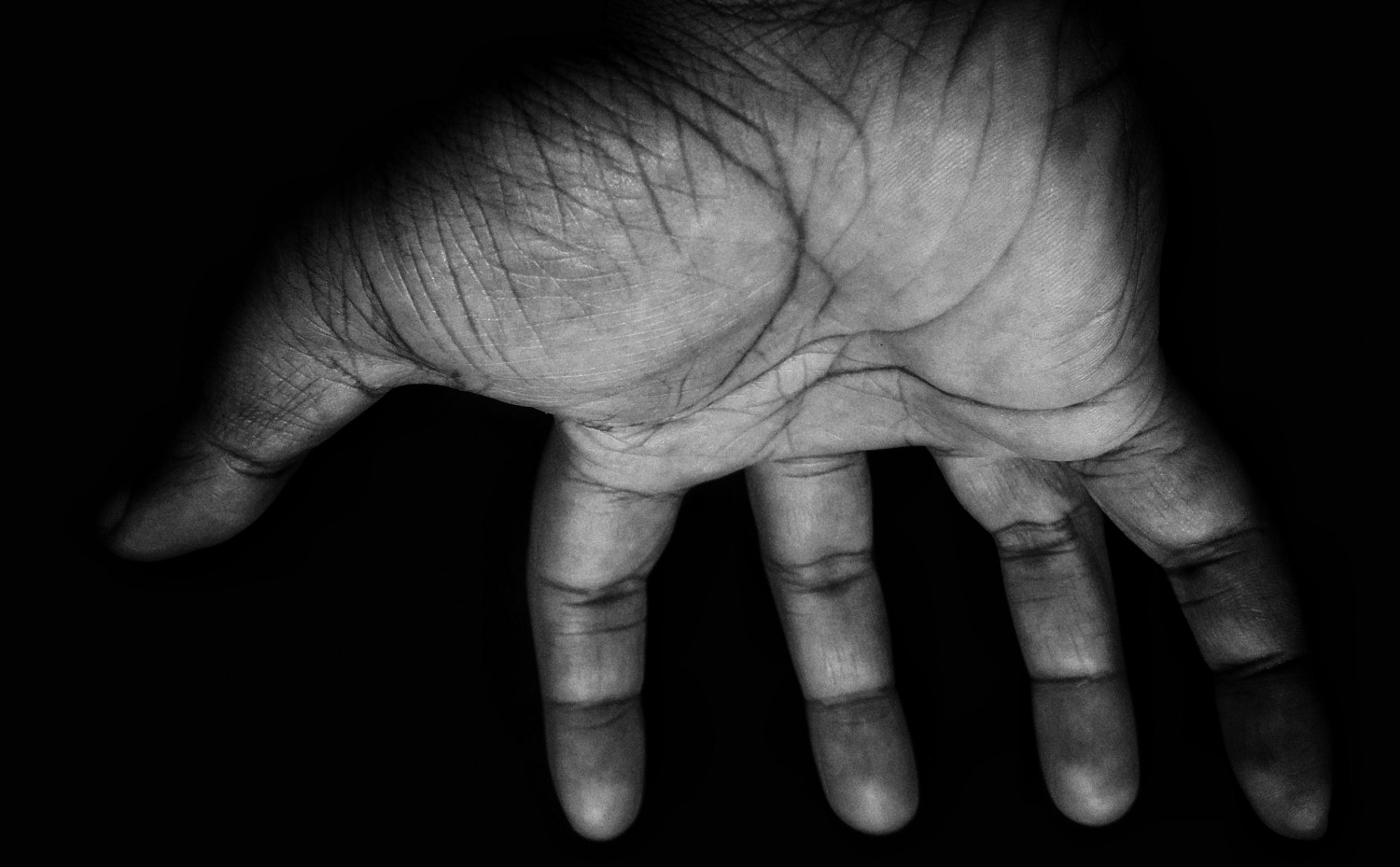Intense persecution in Jerusalem and Judea resulted in Christians being scattered, yet they continued to preach the word. One of those, Philip, went to the city of Samaria. The preaching of Christ was well received there, with men and women being baptized. Simon, a sorcerer who had used trickery to deceive the people and cause them to give him special honor, also believed and was baptized (Acts 8:1-13).
The Samaritans were, at that point, pardoned members of the church according to Acts 2:38. They also were in possession of the gift of the Holy Spirit. The apostles heard of their conversion and sent Peter and John to Samaria. They prayed and laid their hands on those baptized believers and they received the miraculous gift of the Holy Spirit. Luke, by inspiration, then writes, “Now when Simon saw that through the laying on of the apostles’ hands the Holy Spirit was given, he offered them money” (Acts 8:14-19).
That this event was both visible and impressive is obvious. The sorcerer offered money to Peter and John so he could acquire the ability. Further, it is apparent the apostles were the ones who were able to dispense this miraculous measure. Philip had worked miracles among them but could not give the gift to others.
Paul met twelve disciples of Jesus when he first came to Ephesus in Acts 19. He asked them, “Did you receive the Holy Spirit when you believed?” Their answer showed him something was missing in the instruction they received before their baptism. They said they had not even heard whether there was a Holy Spirit. The apostle knew that anyone scripturally baptized in the name of Jesus should have been well aware of the Holy Spirit because of the promise of Acts 2:38. It appears they had been taught by Apollos when he was teaching the way of the Lord, while knowing only John’s baptism (Acts 18:24-25).
Paul commanded them to be baptized in the name of the Lord Jesus. The Biblical record does not reveal any others who had received John’s baptism having to be baptized again. These did because their baptism had taken place after the Lord’s death, burial and resurrection. Once they had put on Christ in baptism, Paul laid hands on them and they received the Holy Spirit and were able to speak in tongues and prophesy (19:1-7).
These two incidents are the only ones that show how the miraculous gifts were given to people in the first century. The lack of any living apostle today makes it clear that the age of miraculous gifts has ceased. The miraculous gifts naturally ceased when the apostles and all they had laid their hands on died.
The miraculous gifts had one overarching purpose, the delivery of God’s complete revelation. Any who wish for the return to the days of those gifts fail to appreciate fully the greatness of the revealed word of God as set forth in the pages of the Bible. In the Bible, the faith has been delivered completely, never to need delivery again. Christians have all they need to help them be what God would have them to be and need not fall. All truth has been set forth for any to see (Jude 3; 2 Peter 1:1-11; John 16:13).
(A more thorough discussion can be found in the book, Unseen Hand, published by Publishing Designs.)
- Christ’s sufferings - 2026-02-26
- Living as a part of God’s temple - 2026-02-12
- A spiritual house of living stones - 2026-01-23
